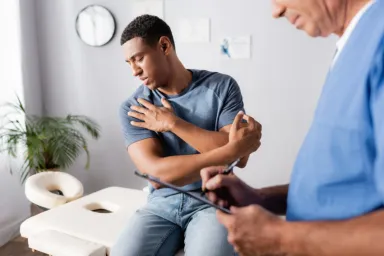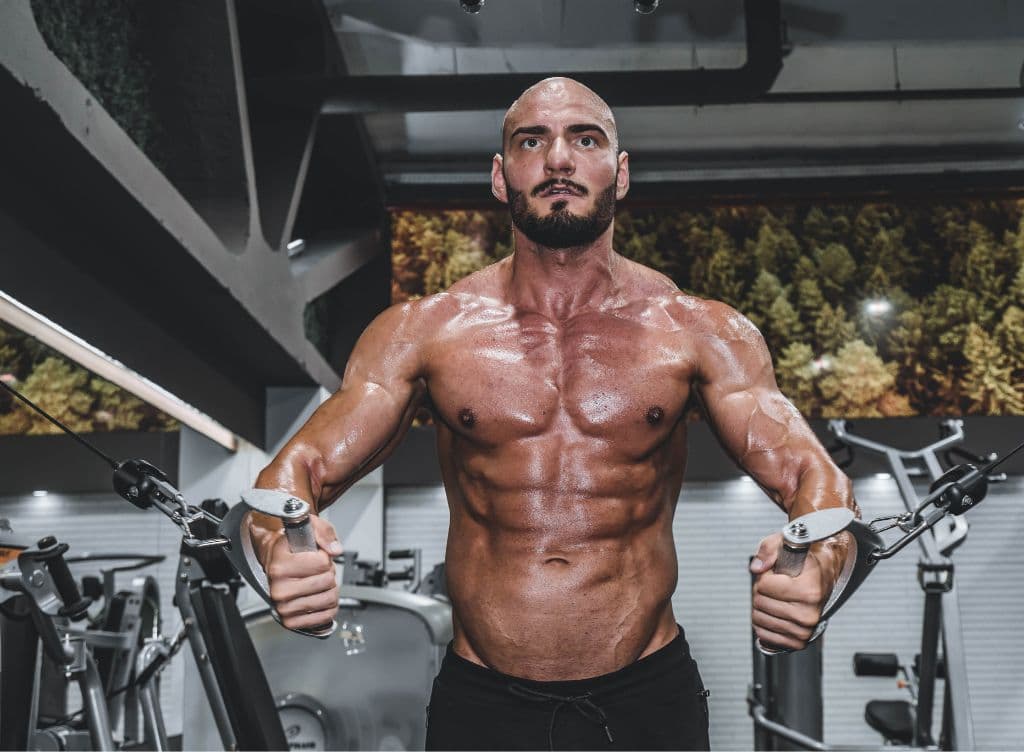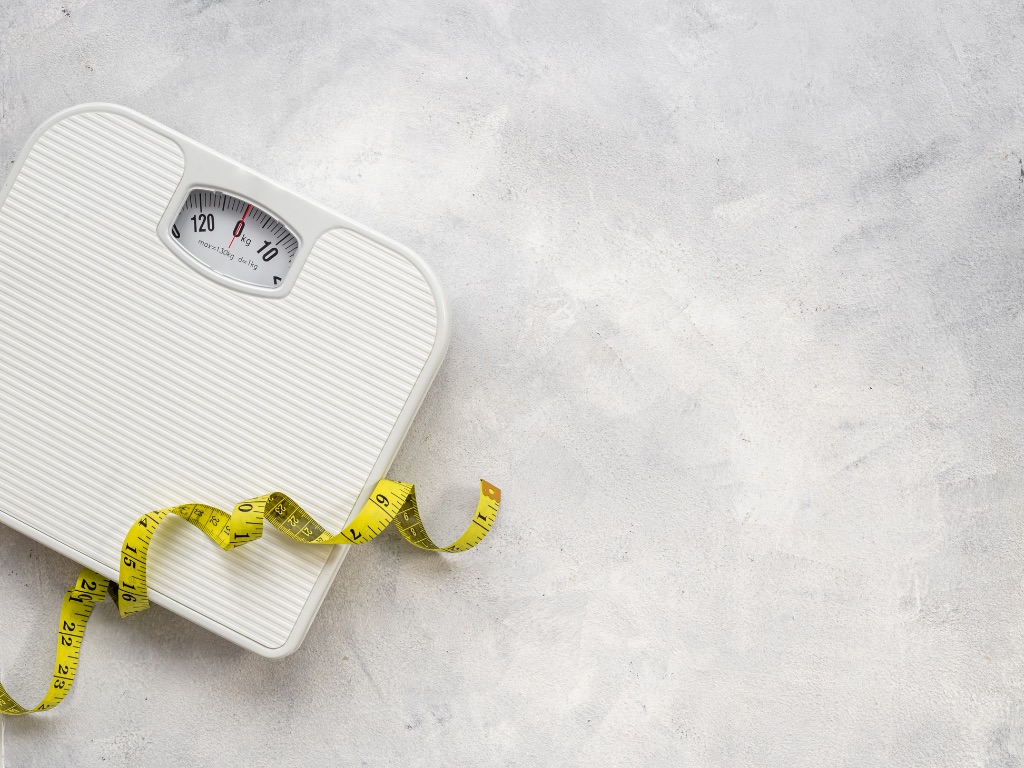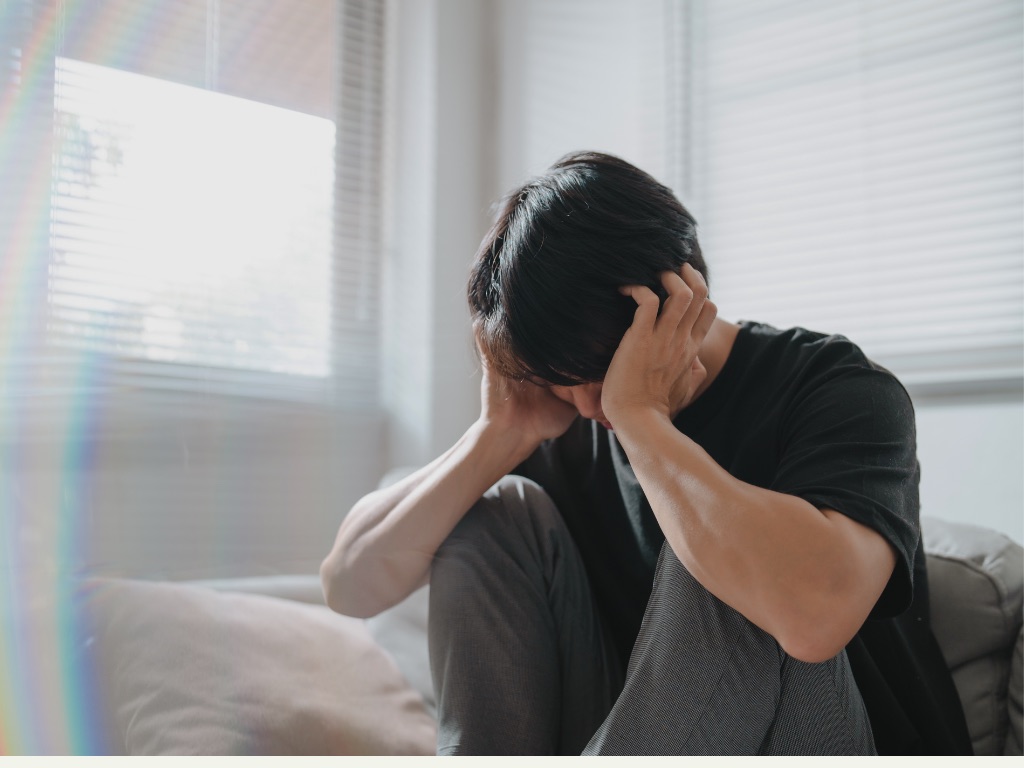Feeling sluggish, losing muscle, or seeing your libido dip as you age? Many men experience a gradual decline in testosterone, which can compromise strength, energy, mood, and sexual function. Testosterone replacement therapy (TRT) offers a scientifically supported solution for those with clinically low levels, helping restore performance and confidence when used appropriately.
Low testosterone can drain your energy, reduce muscle mass, and affect your libido. At Vita Bella, our tailored Testosterone Replacement Therapy (TRT) can restore your levels safely and effectively. Start your journey to feeling stronger, more energized, and confident today because you deserve to thrive at every stage of life.
What Is TRT?
TRT involves medically restoring testosterone levels in men whose bodies no longer produce adequate levels (hypogonadism). This therapy helps reestablish hormone balance, enabling body systems to function more optimally. In multiple studies, TRT 1 has led to improvements in sexual function, body composition, mood, and quality of life.
Testosterone plays a critical role in protein synthesis, bone density, red blood cell formation, and the regulation of libido and metabolism.
Benefits of Testosterone Therapy (TRT)
Testosterone therapy helps restore energy, improve mood, and can reverse sarcopenia in men with low testosterone. It also enhances libido and overall health when medically supervised. When combined with healthy lifestyle habits, TRT maximizes strength, confidence, and long-term wellness.
Energy and Mood
Low testosterone often comes hand in hand with fatigue, and low motivation In clinical trials 2, TRT has been shown to improve energy and overall quality of life in men with testosterone deficiency.
Muscle, Strength and Body Composition
One standout benefit of TRT according to review 3 is its ability to maintain and possibly increase lean muscle mass and reduce fat composition. For example, men receiving TRT often see measurable gains in muscle mass and strength over months of therapy.
Sexual Health and Libido
TRT reliably enhances libido, sexual desire, and erectile function in men with low testosterone. Studies 4 reported consistent gains in sexual performance and satisfaction under therapy. Many men also experience improved confidence and relationship satisfaction, making TRT a valuable therapy for both physical and emotional wellness.
Clinical Evidence and Limitations
TRT can improve libido, body composition, mood, and bone density in men with clinically low testosterone. Benefits are most consistent when therapy is carefully prescribed and monitored by a physician. In short: TRT is powerful when used for true deficiency, but it’s not a catch-all “youth pill.”
A comprehensive review 1 summarized that TRT may improve libido, body composition, mood, bone density, and cognition in hypogonadal men.
However, some studies 4 show only modest effect sizes (small to moderate gains in outcomes), especially in men without overt testosterone deficiency.
Long-term data 5 remain limited; more studies are needed to assess cardiovascular and prostate safety over decades.
Benefits appear strongest in men who begin with a lower baseline testosterone, meaning TRT is not a universal energy booster for all men.
Who Should Consider TRT
Under careful medical oversight, TRT is best suited for men with confirmed hypogonadism, not just age-related declines. Ideal candidates include men who:
Have symptoms consistent with low testosterone (fatigue, low libido, and sarcopenia)
Test in the clinical low-testosterone range on multiple measurements
Have no contraindications (e.g., untreated prostate cancer, elevated hematocrit)
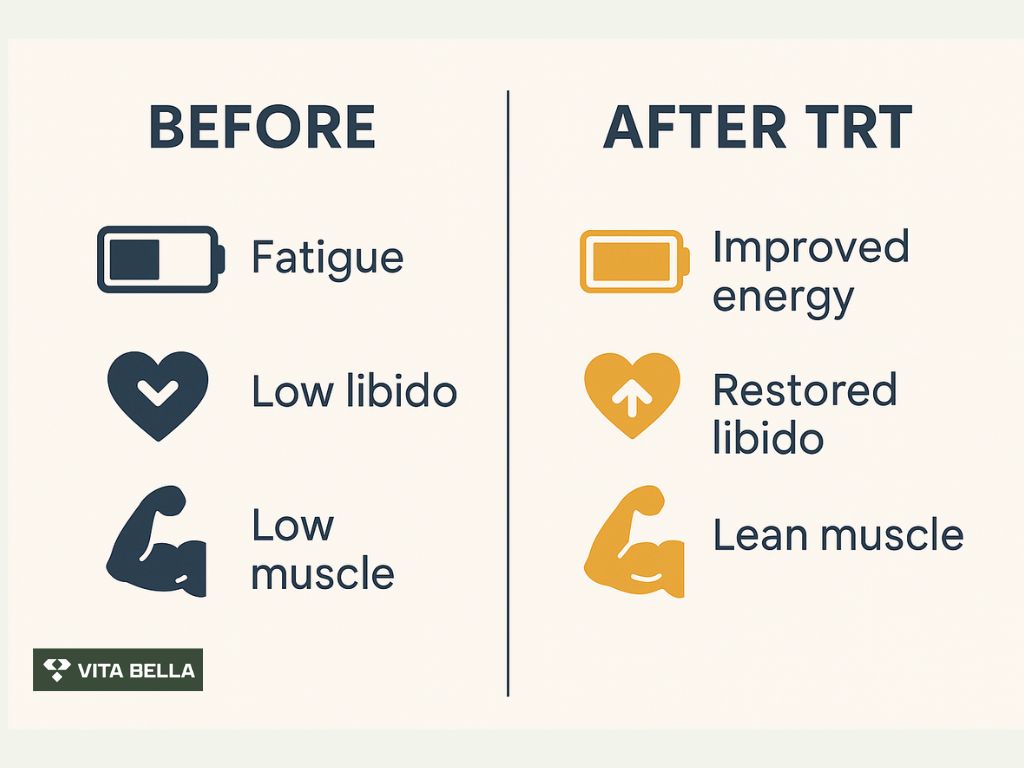
Safe Use and Monitoring
The symptomatic benefits showed impressive gains in sexual health when men are carefully selected and monitored. To maximize benefits while minimizing risks, follow these guidelines:
Base treatment on lab-confirmed low testosterone levels and symptom correlation
Start with conservative dosing and adjust as needed
Monitor regularly: testosterone, hematocrit, prostate markers, lipid profile, and liver function
Watch for side effects such as increased red blood cell count, acne, or fluid retention
TRT and Lifestyle Support
This multi-pronged approach amplifies TRT’s impact on energy, and strength. TRT works best when combined with optimizing lifestyle habits:
Resistance training and regular exercise enhance anabolic effects
Adequate sleep and stress reduction support hormone balance
Nutrition, including sufficient protein and healthy fats, fuels muscle growth
Avoid excess alcohol or substances that may disrupt testosterone metabolism
Restore the Strength Age Has Taken Away
Low energy, fading muscles, and declining libido can make you feel unlike yourself. Testosterone naturally dips with age, leaving you tired, weaker, and less confident. Vita Bella’s TRT program safely restores your levels, reigniting strength, and desire. It’s time to take back control of your body and your confidence.
FAQs
What is Testosterone Replacement Therapy (TRT)?
TRT is a medical treatment that restores testosterone levels in men with low hormone production. It helps improve energy, muscle mass, mood, and sexual health. Many men report feeling revitalized and more confident within weeks of starting therapy.
How does TRT improve energy and muscle strength?
By increasing testosterone, TRT boosts protein synthesis and red blood cell production. This leads to greater stamina, lean muscle growth, and improved physical performance. When combined with regular exercise, results are even more noticeable and sustainable.
Is TRT safe to use long-term?
TRT is generally safe under medical supervision, though monitoring is essential. Regular checks on blood counts, prostate health, and cardiovascular markers ensure risks remain low. With proper oversight, many men maintain TRT for years with excellent outcomes.
Who should consider TRT?
Men with symptoms like low libido, fatigue, or muscle loss and lab-confirmed low testosterone benefit most from TRT. It is not recommended for men with normal levels. Those struggling with age-related decline and reduced energy are often the best candidates.
References:
Bassil, N., Alkaade, S., & Morley, J. E. (2009). The benefits and risks of testosterone replacement therapy: a review. Therapeutics and Clinical Risk Management, 5, 427–448. https://doi.org/10.2147/TCRM.S3025
Rojas-Zambrano, J. G., Rojas-Zambrano, A. R., Rojas-Zambrano, A. F., & Barahona-Cueva, G. E. (2025). Benefits of testosterone hormone in the human body: A systematic review. Cureus, 17(2), e78785. https://doi.org/10.7759/cureus.78785
Rizk, P. J., Kohn, T. P., Pastuszak, A. W., & Khera, M. (2017). Testosterone therapy improves erectile function and libido in hypogonadal men. Current Opinion in Urology, 27(6), 511–515. https://doi.org/10.1097/MOU.0000000000000442
Celec, P., Ostatníková, D., & Hodosy, J. (2015). On the effects of testosterone on brain behavioral functions. Frontiers in Neuroscience, 9, Article 12. https://doi.org/10.3389/fnins.2015.00012
Moon, D. G., & Park, H. J. (2019). The ideal goal of testosterone replacement therapy: Maintaining testosterone levels or managing symptoms? Journal of Clinical Medicine, 8(3), 362. https://doi.org/10.3390/jcm8030362






